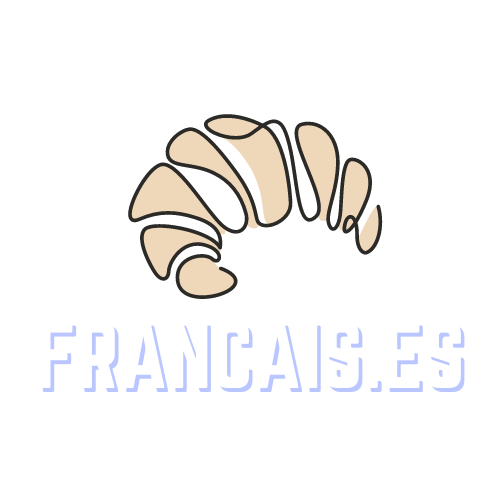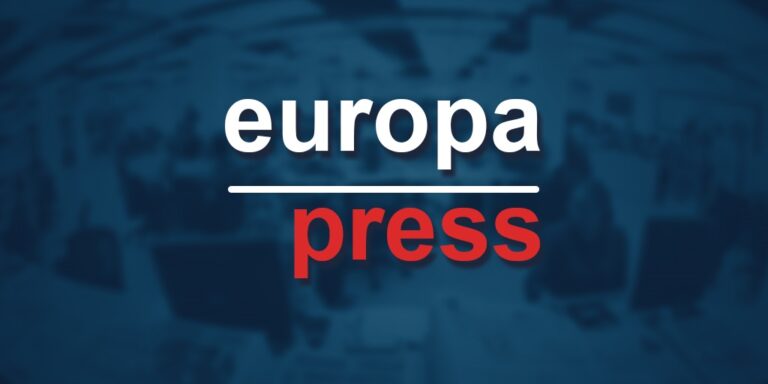One year ago, André/Christine created a non-binary community in Paris. Since then, the platform has been used to exchange personal experiences, find mutual support, but above all to raise public awareness about what it feels like when you can’t identify as a man nor a women. Ash has joined the community a few months ago.

(Ash, 02.04.2016, Paris. Picture Credit: Tessa Clara Walther)
“Being non-binary is not a choice, it comes from inside you. Unfortunately, many people still have a hard time understanding that.” Ash, 23, is non-binary himself and has experienced what it means to be discriminated for one’s gender identity. He/she was assigned female at birth, but already at a young age he realised that he was different than other children : “I preferred wearing ‘boy’s clothes’ and instead of putting my Barbies in different outfits, I always made them go to war with each other.”
The non-binary community in Paris, created in February 2015 by André/Christine, brings people who have made similar experiences together. The founder is non-binary him/herself and wanted to create a safe space where everone can identify and express their gender identity as they feel and want to do. Today, the community has over 1 000 members and was actively involved in the eighth annual International Transgender Day of Visibility on the 31. March. They gathered in order raise more visibility regarding trans identities, binary or not, and fight against ignorance and transphobia.
From transgender to non-binary
“Up until 21, I thought I was a transgender. I really felt comfortable in the girls categeory, but making reference to myself as a boy did not feel any right either. Now I know that these two categories are too restrictive for me; I understood that I am non-binary and it is such a liberation”, explains Ash.
Since then, the born ‘Amaia’ carries a non-gendered name, and he/she has started using a non-gendered language when referring to her/himself: ‘ze’ replaces the pronoun of ‘she’ or ‘he’, and ‘hirself’ the pronoun of ‘her-‘ and ‘himself’.
People who identify as non-binary refuse to be put in the category of a male or female gender, a fact that has nothing to do with one’s genitals. “You can have the physical attributes of a man or a woman, but your gender identity does not have to correspond to that”, continues André/Christine. When speaking of gender identity, ‘ze’ refers to the social construction around the biological sex imposed by society : “From the day we are born, we are put in one box or the other, but we don’t realise it until we refuse the elements that should fit us and start moving out of our box.”

(Ash, 02.04.2016, Paris. Picture Credit: Tessa Clara Walther)
Moving out of the box
For Ash, it became clear how difficult being non binary can be in everyday life when he started working at a French embassy. For public events, ‘ze’ refused to wear a skirt or a dress and preferred to present ‘hirself’ in a suit. Afterwards, ‘ze’ was reminded that ‘ze’ was “representing the country of France” at these events and should therefore be dressed appropriately as a « French women ». Ash has since then reoriented ‘hir’ professional career.
“Being non-binary is the hardest to understand for people because it breaks with the binary framework of our society”, states André/Christine. Most transgender people identify completely with the gender opposite to the one they were assigned to at birth. In contrast, the non-binary concept questions the whole issue of two opposing genders, derived from genitals, explains André /Christine. “We, as a community, are convinced that no one should be forced to make the decision of being either male or female. There should just not be such a thing as only two different sex or gender categories.”
The « x » as a new passport category
Since the community’s creation, it has tried to influence gender-related issues which have been more and more discussed by politicians around the world. For instance, can a person be publicly considered to be outside the binary framework and should this be represented in official state documents? In Australia, New Zealand, Bangladesh, Denmark and Nepal, non-binary and intersex people can choose to be marked as « x » in their passport, instead of « f » or « m ». “In our community, we are against the « x » because it does not remove the two categories, but just adds another one. To non-binaries, that is discriminatory, and we would like to have them removed completely », says André/ Christine.
Discrimination is not only a problem at work or when applying for public documents, but also inside LGBT communities. André/Christine states that some people have joined the group because they felt misunderstood in more ‘conventional’ LGBT groups. “Sometimes, we are reproached for not going all the way in accepting our ‘real identity’ as binary transgender or homosexual. That can hurt a lot.”
For Ash, the discovery of ‘hir’ gender identity was a liberation. But accepting it came along with the state of being considered ‘different’, which provokes interest as well as rejection. The community of non-binary people then becomes a place where ‘ze’ can just be ‘hirself’.
By Tessa Clara Walther







